|
Having trouble viewing this email? View it in your browser
|
|
December, 2017
|
|
Dear Readers,
|

|
we are happy to present you the 8th edition of our Beef and Sheep Newsletter with the latest developments of outputs, projects and people. We also send you season’s greetings and wish you a merry Christmas and an excellent start into a peaceful, healthy and successful year 2018.
|
|
Claus Deblitz
Coordinator of the agri benchmark Beef and Sheep Network
|
Beef and Sheep Report 2017 - Now Available
|
|
The bi-annually published Beef and Sheep report contains the main findings of the sector, emphasising the comparative analysis of the competitiveness of the production of beef and sheep, among the participating countries.
|
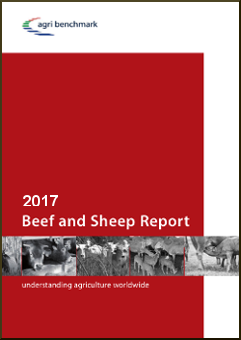
|
The 2017 report provides an update of global world maps and charts, a continuation of the country page information of our member countries, world maps of production systems and profitability changes on country-level as well as farm level analysis with a focus on differences in production systems.
From next year onwards, the Beef and Sheep Report will also focus on the short-term perspective and expected changes in framework conditions.
|
|
|
A printed version can be ordered from our website www.agribenchmark.org
|
Measuring sustainability on cattle ranches
|
|
The agri benchmark Network, CIPAV, FEDEGAN, World Animal Protection and Good Food Futures Ltd have joined efforts in a study to evaluate different aspects of sustainability at farm level through the implementation of Silvopastoral Systems that includes different cattle ranching production systems. Six case studies in different regions of Colombia were conducted using standard methodologies in order to allow for comparison between baseline scenarios and Silvopastoral Systems.
|
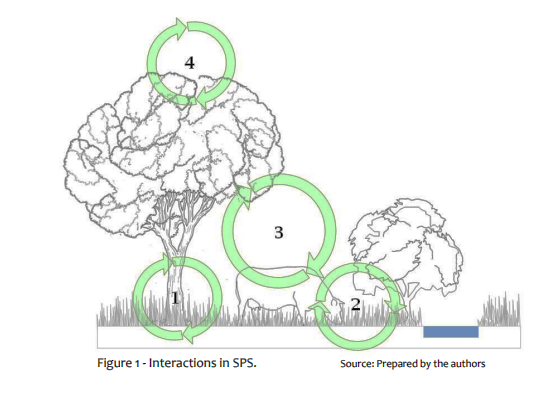
|
|
This report gives an extended insight in methodology and results: |
Measuring sustainability on cattle ranches – Silvopastoral Systems
(Briefing paper 17/2)
|
Strategies for greenhouse gas mitigation in Colombia, Argentina and Morrocco
|
|
Production systems with relatively low productivity, as they are often found in developing and emerging countries, appear to have a particular high potential to reduce GHG emissions. Appropriate changes in agricultural management practices can offer considerable emissions reduction with more efficient production systems.
|
|
Through the MAGHG-2 project, we were contributing data and analysis with six country case studies: three for cash crops (China, Indonesia, and Vietnam), and three for beef farming (Ar-gentina, Colombia and Morocco). For beef case studies, our hypothesis is that due to the increased productivity level, the alterna-tive practices can decrease on-farm emissions per unit of meat produced. Such practices focus mainly on a) improving pasture quality (Silvopastoral production system instead of traditional grazing system in Colombia), b) alternative production system (feedlot and silage instead of a complete cycle on pasture in Argentina) and 3) improving animal breeds and related productivity (Morocco). Compared to the respective baselines, the introduced scenarios in all cases illustrated notable increases in the daily weight gain. They were also more cost-effective and displayed lower total production costs.
|
|
Except for the combined back-grounder-feedlot scenario in Argentina, all scenarios generated lower emissions for each 100 kg of meat added. The higher GHG emission in the Argentinian scenario is due to the low productivity in the backgrounding period which, however, provides a profit-able option. After the alignment and validation of the results with FAO-calculations, report will be published by FAO in the first quarter 2018.
|
Can sustainable production of beef be profitable?
|
|
The production of beef competes on land which has been covered by rainforest and other natural vegetation. Land use for the production of beef is often considered as a source of deforestation in South America. Further, the use of deforestated land by these activities is often considered to be un-sustainable and not resource-efficient. However, detailed quantified information and data on a) the current situation and b) possible alternative and more sustainable land use options are usually not available. |
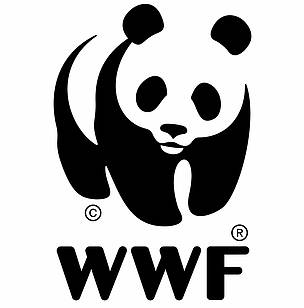
|
This is a subproject of a bigger project run by WWF and funded by the German government. We analyse the beef production in the Orinoco region of Colombia where it competes with palm oil and rice production. In Paraguay we do the same in the Pantanal and adjacent region. There, beef competes with soybean production.
|
|
|
The main objective is to quantify the impact of various land use alternatives (practice change) on production systems, productivity, performance and economics. |

|
For the data collection and analysis the methods developed and applied in the agri benchmark Network are made available. Detailed information on regionally typical farms is collected jointly with focus groups of local experts (WWF, advisory, producers, researchers) applying the standard operating procedure of agri benchmark. The survey and the calculation results are cross-checked with the participating experts. The focus groups are further activated for the specification and validation of the scenarios. First baselines are defined and the work of scenarios has begun. |
Beef-related research in Germany
|
|
Based on our experiences with SPS in Latin America we began to explore the potential for such production systems in Germany. As we are aware of the complex legal situation re. the relation between agriculture and forestry in Germany, in a first step the legal framework conditions for SPS in Germany were analysed in a master thesis. It is difficult to impossible to get the authorization to keep livestock on areas legally designated as forest. Additionally, these areas are not eligible for direct payments or agri-environmental schemes.
|
As a consequence, forest-pasture systems can only be rarely found in Germany. Three case studies with finishing hogs in oak trees, finishing cattle in a medieval forest formation and Shropshire sheep in Christmas tree plantations were conducted to study the effects of wood pasture systems on the trees, biodiversity and profitability. For all case studies no detrimental effect on tree growth could be observed. Biodiversity increased significantly in the beef system. Profitability was only given if a niche market with price premium for the livestock products could be developed.
|
|
Critical points regarding animal welfare in different beef production systems were the subject of a bachelor thesis based on a literature review. Most publications on animal welfare problems focus on finishing young bulls in confined systems on slatted floors which is the prevailing beef production system many European countries. Behavioural anomalies as well as leg, hip and claw disorders are closely related to low space allowance, unstructured boxes and discomfort in laying areas.
|
|
But also in seasonal or all-year round outdoor systems animal welfare deficits can occur, caused by the absence of shelter against adverse weather conditions. Irrespective of the production system, other possible animal welfare issues in beef production are management related: Stressful situations might occur when handling the animals and often treatments or mutilations are made without sufficient pain control or anaesthetics (castration, dehorning, tail docking). Inappropriate feed as well as a lack in fresh water supply may cause physiological problems.
|
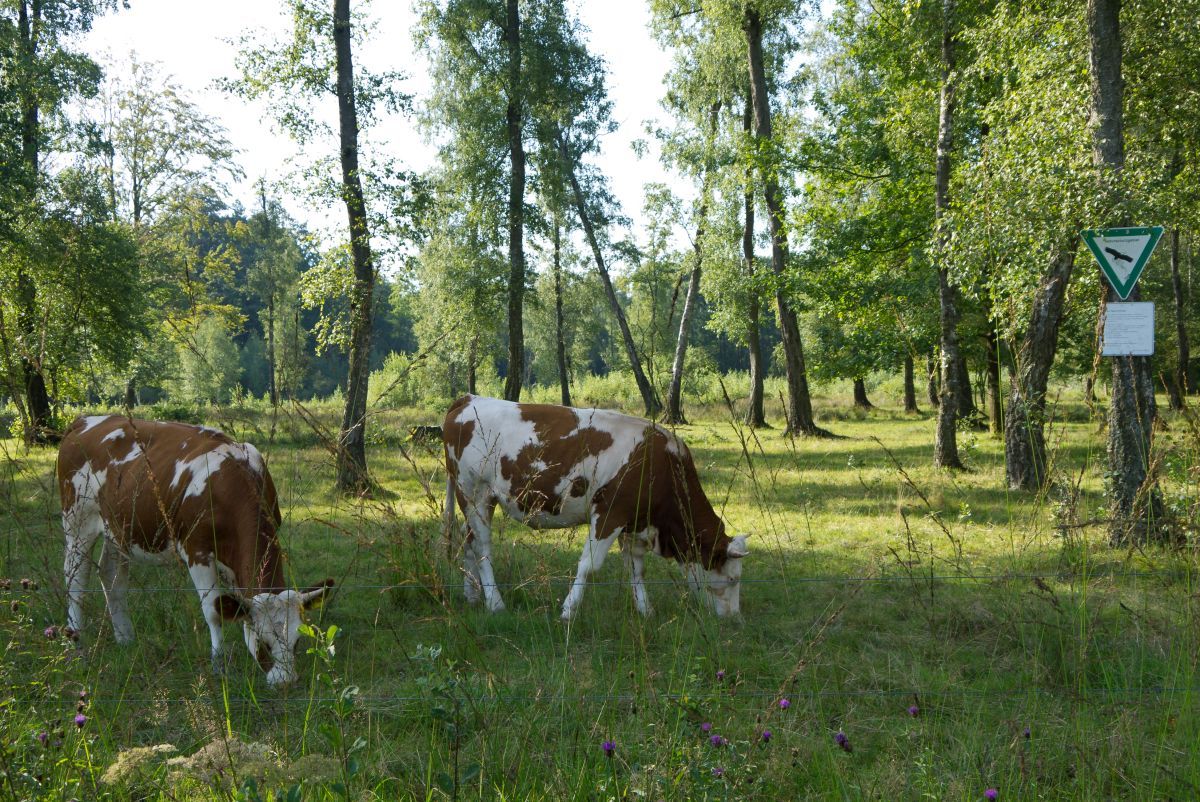
|
Can cattle ranching stop deforestation?
|
|
|
|
The ground-breaking Caquetá Pact was agreed in Colombia in 2013 and has a clear vision of ‘zero deforestation and livestock reconciliation’. In short, farming and forests need to live together.
|
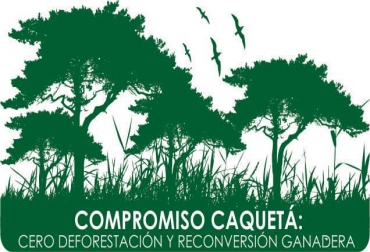
|
|
|
It will work to protect the remaining forest and to encourage regeneration of what has been lost; to boost agricultural productivity; to ensure a resilient economy which will support peace and stability in the region; to deliver good animal welfare for its livestock as part of sustainable farming; to protect natural resources and the biodiversity of the Amazon. |
|
Can Caqueta deliver? To answer this question agri benchmark and Good Food Futures have created a ground-breaking sustainability framework and assessment which ca be applied to divers regions, species and productions systems, working in partnership with local research and development agencies. In a study of five family farms in Caqueta triple wins were proved: economics, environment and animal welfare improved considerably. |
Free download of the complete report:
Can cattle ranching stop deforestation?
(Briefing paper 17/1)
|
Sponsored post
|
|
|
|
NEW beef, dairy and sheep books from Burleigh Dodds Science Publishing:
|
- Ensuring safety and quality in the production of beef (Vol 1 edited by Prof. Gary Acuff, Texas A&M University, USA and Prof. James Dickson, Iowa State University, USA)
- Ensuring safety and quality in the production of beef (Vol 2 edited by Emeritus Prof. Michael Dikeman, Kansas State University, USA)
- Achieving sustainable production of milk (Vols 1-2 edited by Dr Nico van Belzen, International Dairy Federation, Belgium)
- Achieving sustainable production of milk (Vol 3 edited by Emeritus Prof. John Webster, Universi-ty of Bristol, UK)
- Achieving sustainable production of sheep (edited by Prof. Johan Greyling, University of the Free State, South Africa)
|
|
Full details can be found here |
|
Two freely available chapter excerpts can be found at: Pathogens affecting beef - James E Wells and Elaine D Berry, US Meat Animal Research Center, USDA-ARS, USA and Improving smallholder dairy farming in tropical Asia - John Moran, Profitable Dairy Systems, Australia and we can also make the whole chapters freely available to you when you sign up to our emailing list at the Burleigh Dodds website here |
Having trouble viewing this email? View it in your browser
|